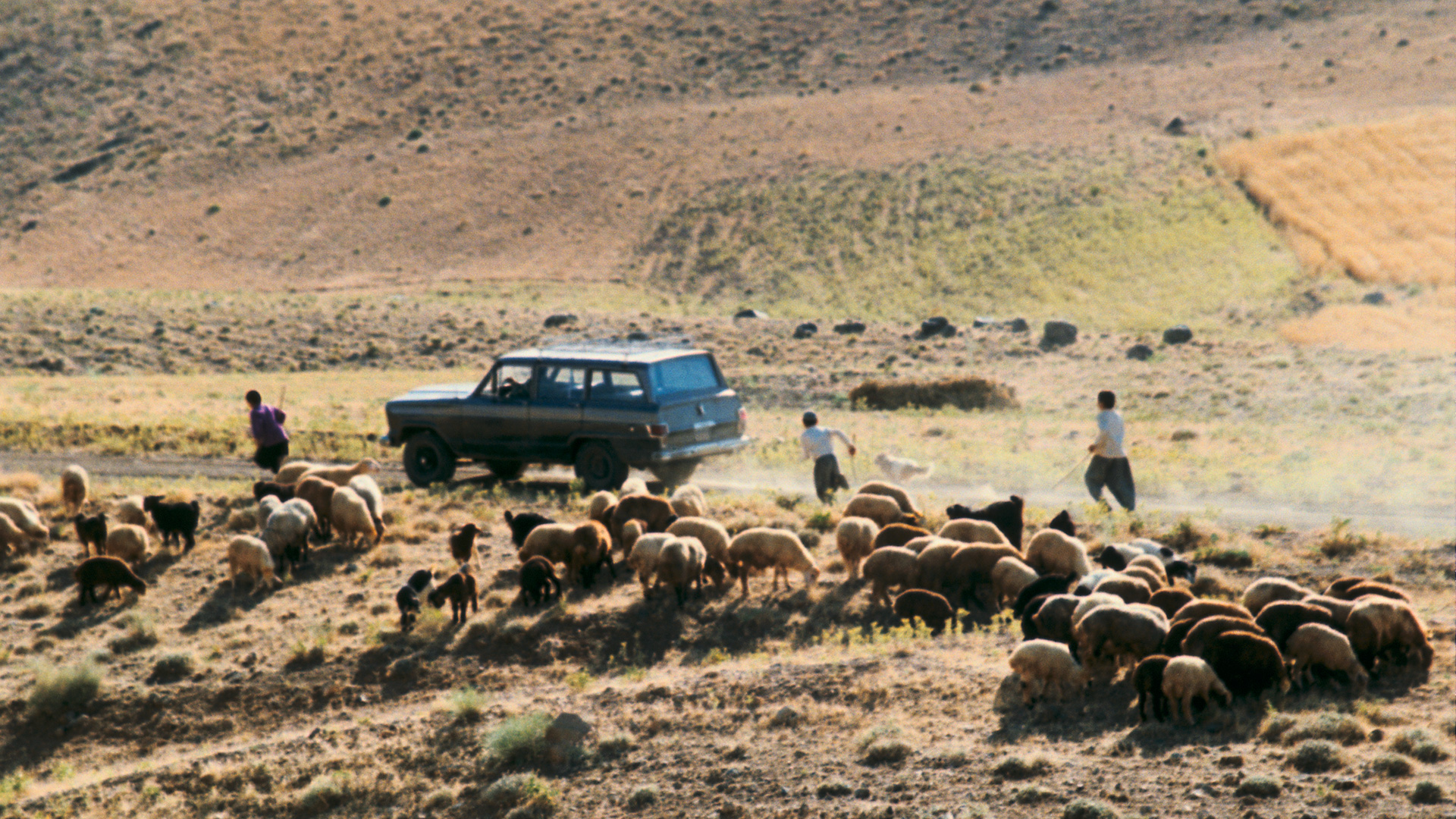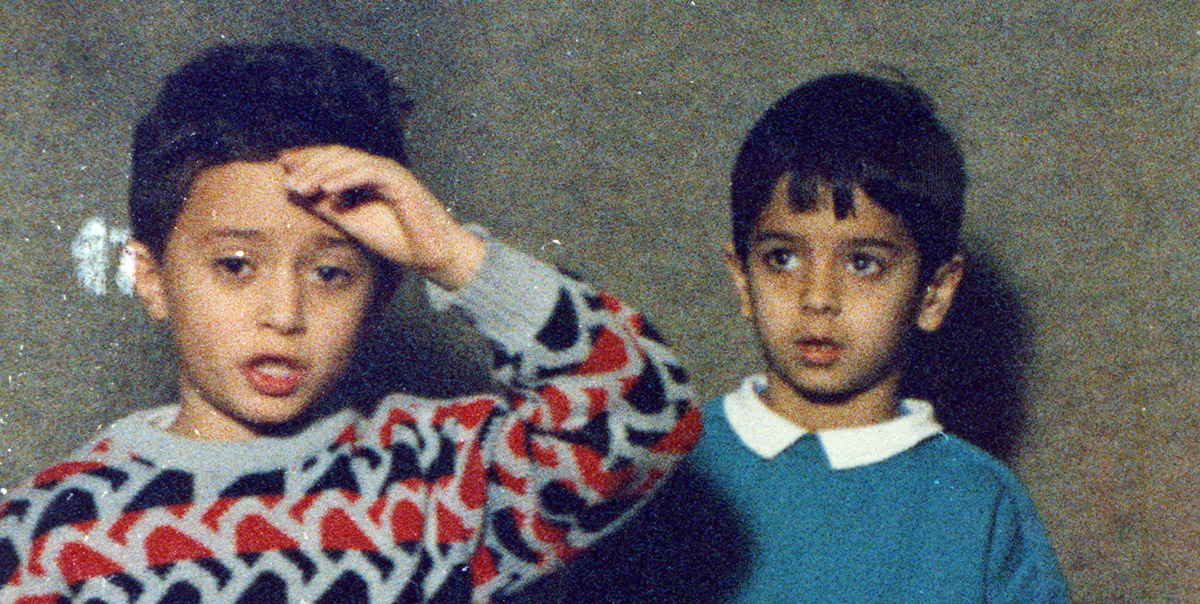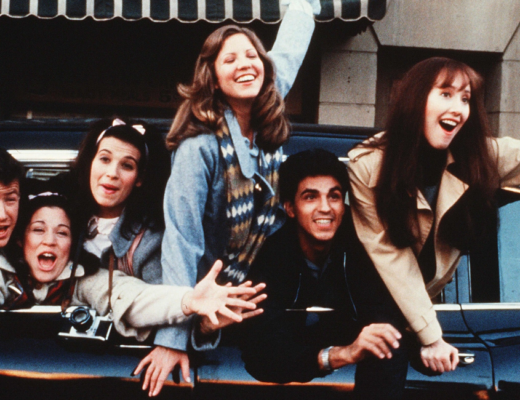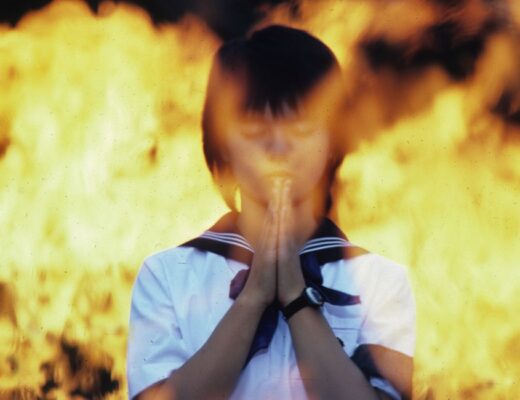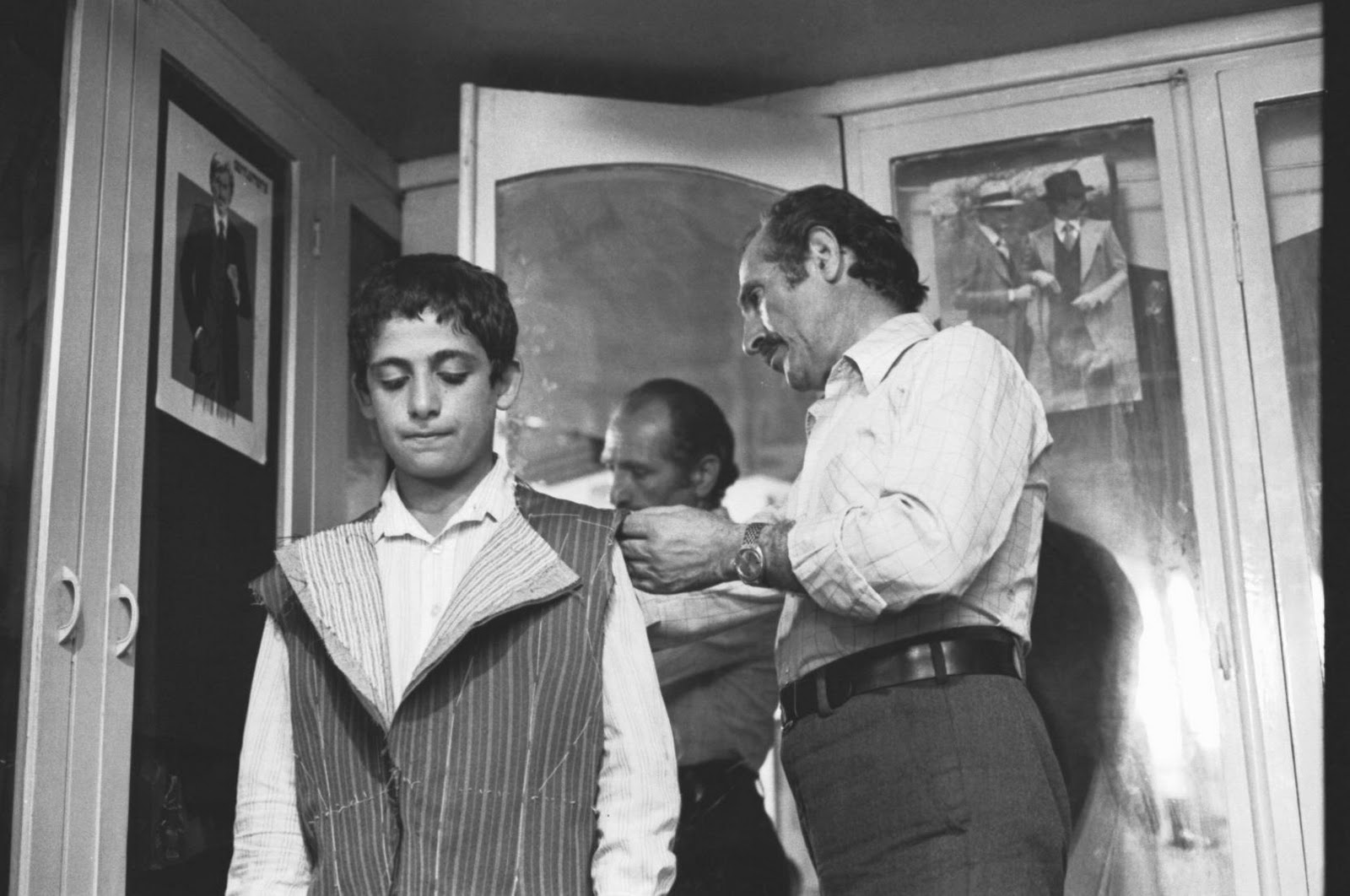In retrospect, Abbas Kiarostami’s The Wind Will Carry Us represents the calm before a contentious political decade between Iran and the U.S., one that dragged filmmakers into the fray. Two years after the film’s American release, George Bush named Iran part of an “Axis of Evil” and Kiarostami was denied a visa to the U.S. (and, one year after its release in the States, fellow Iranian director Jafar Panahi was man-handled at JFK). A reformed Iranian government quickly collapsed under conservative forces, Mahmoud Ahmadinejad became president, the “war on terror” caused a social crisis in the U.S. and, most recently, the Green Movement proved the power of the people while also the ruthlessness of their government. Now flashback 15 years: Iranian filmmakers were taking the international stage by storm—films first, politics second. Directors like Panahi, Moshen Makhmalbaf, Samira Makhmalbaf, and Majid Majidi were raising the profile of a lyrical neorealism that was distinctly Iranian. Kiarostami’s Taste of Cherry won the Palme d’Or in 1997 and the Iranian New Wave officially took the international film festival throne where previously the Chinese 5th Generation had been holding court. Out of this movement emerged Kiarostami’s The Wind Will Carry Us, a playful meditation on life and death made with overwhelming simplicity and beauty.
The film opens on a Land Rover navigating the curvature of rolling golden hills in Northern Iran. A group of journalists are making their way to a remote Kurdish village to record a traditional mourning ritual. The only caveat is that they have to wait for the poor woman to die. Their guide and host is an earnest and practical sprite who, despite obligations, is more concerned with schoolwork than entertaining these men from Tehran. The crew is forced to kill time in this sleepy locale lacking in modern conveniences, one in which people are simply living their lives in earnest. Kiarostami perfectly captures the clash between outsider and inhabitant through the Engineer (Behzad Dorani), the leader of the group and the one who feels most obviously out of touch with his surroundings. He spends his days harassing his young guide, conversing with the locals, obsessing over getting fresh milk, and, with trademark absurdity, racing up and down the highest hill for cell phone reception as if his life counted on it. (In most cases, these calls only exist to relay the information that there is no information; the woman has not died yet.) The people of the village tolerate his presence but are clearly more concerned with earning a sustenance the Engineer seems oblivious to. The rest of the crew (only heard off-camera or seen from a distance) are content to sleep or walk to the fields to eat strawberries.
Kiarostami often locks characters within the rolling hills, the maze of the village, or, in an extreme case, the bottom of a well. The Engineer is often a prisoner in this environment—no matter how fast he drives his car or how quickly he runs, there is no escape from the idleness of waiting.
Kiarostami makes the most of his chosen setting: arid and harsh, the surrounding hills undulate in waves of green and amber, and tucked between them is the village itself, a labyrinth of life—alleys, ladders, doorways, and steps are representative of the civil ingenuity of days gone by. Kiarostami often locks characters within the rolling hills, the maze of the village, or, in an extreme case, the bottom of a well. The Engineer is often a prisoner in this environment—no matter how fast he drives his car or how quickly he runs, there is no escape from the idleness of waiting. Yet everything is drenched in sunlight, the proof of a horizon that is faintly oppressive in its absence and its existence. Much like Certified Copy, The Wind Will Carry Us is defined by the provocative conversations that occur randomly under the auspices of non-action. Kiarostami moves his characters with ease between contexts that range from literary allusions to pragmatic revelations. The Engineer exchanges a poem (from which the film earns its title) for a bowl of milk. Verbal exchanges with very little pretense, often spoken through parable with larger implications, are magically simple. The Engineer stops at a café and is surprised to be served by a woman. He is even more shocked when she mocks him: “Where did you spring from? Who served your father?” The social implications and the gender politics of the conversation—which eventually expands into debate—no doubt have a specificity to Iranian culture but also extend beyond its boarders.
Kiarostami said in a 1995 interview that “It is the duty of police and immigration officers to create borders, and it is the duty of artists to lessen or eliminate them.” He was reacting to criticism for using Western classical music in his films, but this concept could not be more powerfully communicated than it is in The Wind Will Carry Us. The film is a rare filmic poem that finds resonance, both intellectual and emotional, in imperfections intrinsic to human nature. Late in the film, there’s an ugly bit of selfishness that occurs when a calamity threatens another person’s life, offering the Engineer and his crew an alternative course of action. But by this time the Engineer’s crew has left him, and magnanimity perseveres almost without missing a beat. Eventually the woman he’s come to see does die, but the time for opportunistic discovery has passed; the Engineer’s experience, much like that of the audience, is rooted in time, not event. Tellingly, the handful of photos the Engineer takes before he leaves are not of the ceremony he was waiting for, but of the people who filled his waiting days. He washes off the windshield of his car, chucks a bone he found into the river, and leaves. It’s not an epiphany, but a juncture of reflection before he moves on. Few films ever offer something so beautiful and expressive.

